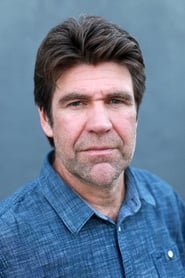
Showdown With Iran(2007)
As the United States and Iran are locked in a battle for power and influence across the Middle East—with the fear of an Iranian nuclear weapon looming in the background—FRONTLINE gains unprecedented access to Iranian hard-liners shaping government policy, including parliament leader Hamid Reza Hajibabaei, National Security Council member Mohammad Jafari and state newspaper editor Hossein Shariatmadari. In this report, FRONTLINE examines how U.S. efforts to install democracy in Iraq have served to strengthen Iran's position as an emerging power in the Middle East.
Movie: Showdown With Iran

Showdown With Iran
HomePage
Overview
As the United States and Iran are locked in a battle for power and influence across the Middle East—with the fear of an Iranian nuclear weapon looming in the background—FRONTLINE gains unprecedented access to Iranian hard-liners shaping government policy, including parliament leader Hamid Reza Hajibabaei, National Security Council member Mohammad Jafari and state newspaper editor Hossein Shariatmadari. In this report, FRONTLINE examines how U.S. efforts to install democracy in Iraq have served to strengthen Iran's position as an emerging power in the Middle East.
Release Date
2007-10-23
Average
0
Rating:
0.0 startsTagline
Genres
Languages:
Keywords
Similar Movies
 9.0
9.0The Last Days of Winter(fa)
The Last Days of Winter is an Iranian television documentary series directed and written by Mohammad Hossein Mahdavian, which aired on IRIB TV1 from 28 September to 6 December 2012 for 10 episodes.
 6.9
6.9The First 54 Years: An Abbreviated Manual for Military Occupation(he)
An exhaustive explanation of how the military occupation of an invaded territory occurs and its consequences, using as a paradigmatic example the recent history of Israel and the Palestinian territories, the West Bank and the Gaza Strip, from 1967, when the Six-Day War took place, to the present day; an account by filmmaker Avi Mograbi enriched by the testimonies of Israeli army veterans.
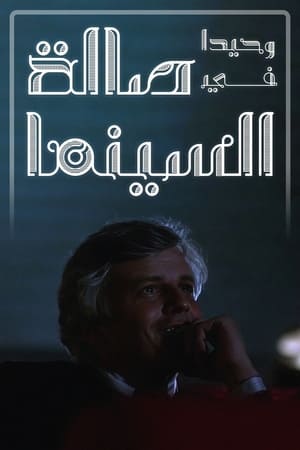 8.5
8.5Alone In Movie Theater(ar)
This documentary was written with passion and love for cinema, and on the other hand, he blamed her. Our fictional character for this documentary talks about her passion for cinema and how it affected her life and recounts the decades that passed on the cinema one after the other.
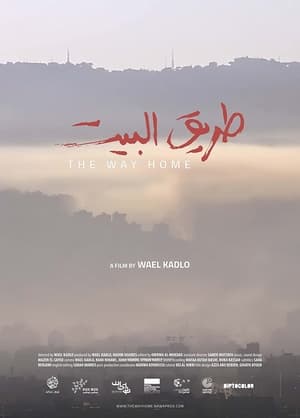 5.0
5.0The Way Home(ar)
When filmmaker Wael Kadlo picks up his mother from the airport in Beirut, it seems like a rather warm family visit. But Kadlo, who was born in Damascus in 1980, has some questions he needs to ask her.
 10.0
10.0Bil'in Habibti(en)
The Israeli filmmaker Shai Corneli Polak records the building of the 'security wall' through Palestinian territory at the village of Bil'in. The villagers protest mostly peacefully, while the Israeli army doesn't react peacefully. By now the Israeli High Court has ruled that the building of the wall was illegal.
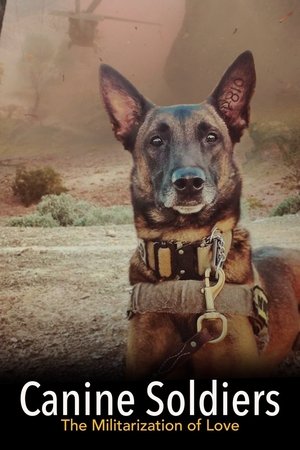 8.0
8.0Canine Soldiers: The Militarization of Love(en)
A documentary exploring the experience of going to war with a Military Working Dog, trained to find bombs before they can kill or maim soldiers, often at the expense of the dog's sanity.
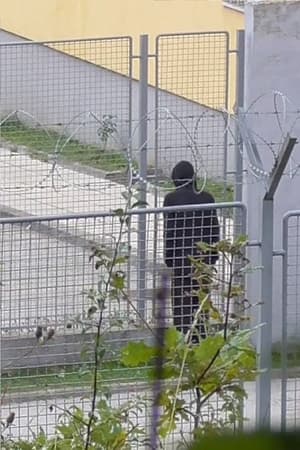 0.0
0.0To Be Far(en)
In september 2017 Samira comes from Iran to Sarajevo, BH for the first time to shoot a documentary. She tries to connect with the country and people. In order to find people who traveled from far places like her, she attempts to visit a refugee center, but all she finds are closed gates as she isn't allowed to see anyone.
 7.7
7.7Waltz with Bashir(he)
An Israeli film director interviews fellow veterans of the 1982 invasion of Lebanon to reconstruct his own memories of his term of service in that conflict.
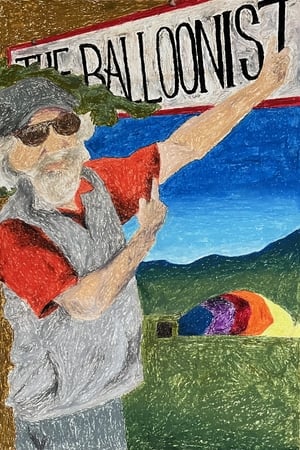 0.0
0.0The Balloonist(en)
Meet Brian Boland—the beloved, eccentric hot air balloonist and artist from the rural Upper Valley of Vermont.
 0.0
0.0Grizzly 399: Queen of the Tetons(en)
Known only by her research number, Grizzly 399 has been a fixture in Grand Teton National Park since 2007, becoming the world's most famous grizzly bear. Now 399 is raising four cubs in the face of human encroachment, a warming climate, and the threat of losing protection under the Endangered Species Act as citizens from Wyoming, Idaho, and Montana attempt to remove grizzlies from the protected list. In a riveting story full of twists and turns, hope and heartbreak, Grizzly 399 stands as a symbol of the clash between humans and the wild.
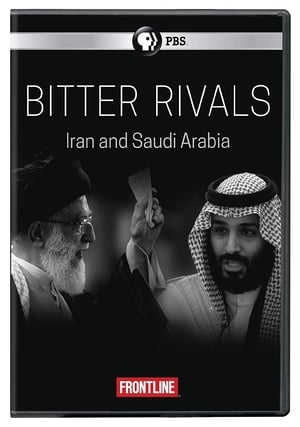 10.0
10.0Bitter Rivals: Iran and Saudi Arabia(en)
Bitter Rivals illuminates the essential history - and profound ripple effect - of Iran and Saudi Arabia's power struggle. It draws on scores of interviews with political, religious and military leaders, militia commanders, diplomats, and policy experts, painting American television's most comprehensive picture of a feud that has reshaped the Middle East.
Letters To The President(en)
Iran, 2008. As President Mahmoud Ahmadinejad's motorcade creeps through the teeming streets of Qom Shrine, thousands of people jam hand-written letters into the hands of his handlers. Hearing their President deliver a speech is a thrill, but more promising to these men and women is the hope that their letters - expressing pleas for loans, medical attention, housing and jobs - will be answered. Since his 2005 election on a populist, "man of the people" platform, Ahmadinejad has encouraged Iranians to send him such letters; according to a staff member, he has received about 10 million of them, and has been able to respond to nearly 76 percent. In one letter, a 16-year-old boy says his family has no money and goes to bed hungry every night. According to the staff member, the boy will be helped. As other letters are read, the worker says that "In Islam, charity is a necessity."
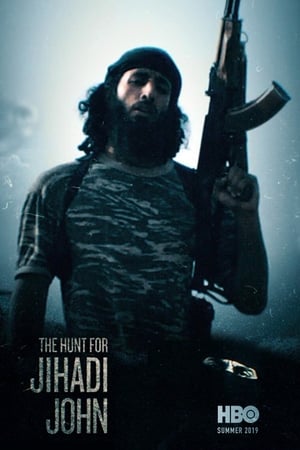 0.0
0.0The Hunt for Jihadi John(en)
The inside story of Mohammed Emwazi's journey from being an ordinary London boy to becoming terrorist 'Jihadi John', and the intelligence operatives' attempts to catch him.
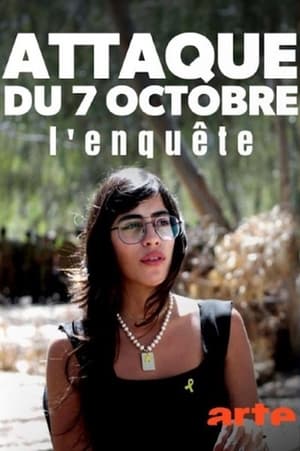 7.5
7.5Trauma in Nahost - Der 7. Oktober und seine Folgen(de)
October 7, 2023: Hamas terrorists attack Israel, murder and take hostages. Israel reacts with severity. The goal: the destruction of Hamas. But with the war in Gaza, Israel is awakening the great trauma of the Palestinians: the expulsion of 1948. How can the lack of empathy on both sides be explained?
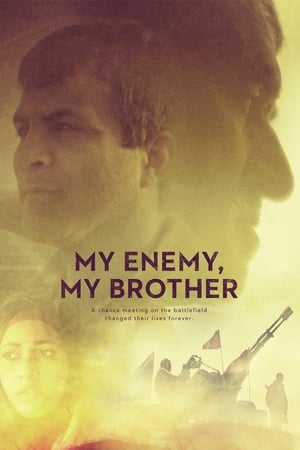 0.0
0.0My Enemy, My Brother(en)
The eight-year Iran-Iraq War was one of the most brutal conflicts to devastate the region in the 20th century. Zahed was 13 years old when he enrolled in the Iranian army. Najah was 18 when he was conscripted into the Iraqi army, and he fought against Zahed in the Battle of Khorramshahr. Fast forward 25 years, a chance encounter in Vancouver between these two former enemies turns into a deep and mutually supportive friendship. Expanded from the 2015 short film by the same name.
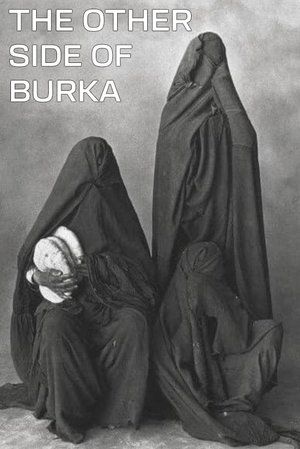 6.0
6.0The Other Side of Burka(fa)
The Other Side of Burka is a 2004 Iranian documentary directed by Mehrdad Oskouei. In the southern island of Qeshm, Iran, which is a very strict region in point of tradition and African-Arabic rules, all women are under the pressure of patriarch society. Their sufferance is manifested by different mental (Zar, Possession) and physical diseases which must be only treated by Zar Ceremony. For the first time, despite the danger these women face, this film tells us the sad story of their life and shows their confection in front of the camera. It tries to be an honest mirror which reflects their sufferance and unveils their Burka to reveal their real characters.
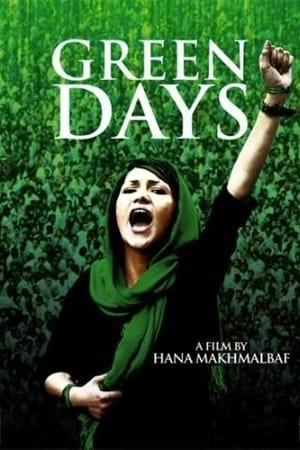 7.0
7.0Green Days(fa)
A playwright Iran tries to confront a creative crisis while political clashes erupt during her country's 2009 election.
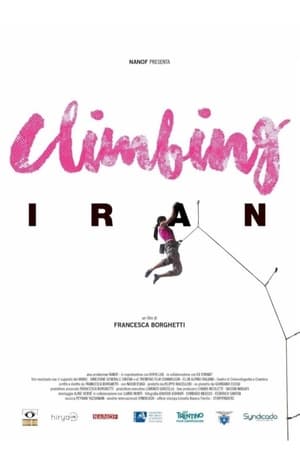 8.0
8.0Climbing Iran(it)
Nasim is a free climber, the only woman able to open new routes in Iran. She’s facing a double mountain to climb, both physical and cultural, as her passion collides with the strict policies concerning women freedom in her country. And she has a dream: open a new route in the Alps.
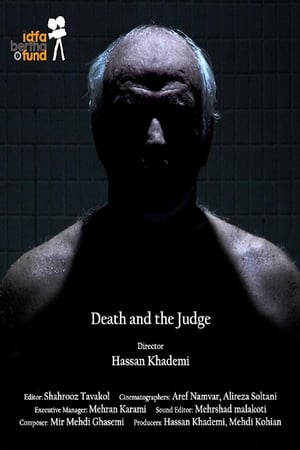 7.0
7.0Death and the Judge(fa)
The documentary, " Death and the Judge", revolves around Iran's most famous criminal judge, Azizmohammadi. He served as a criminal judge for 45 years and issued about 4500 death sentences; a record in not only Iran, but also the world. This documentary looks into his personal and professional life as he is followed within his home with his family, in the court of law, and in his retirement days. The ultimate purpose of the documentary is to deduce the role of death in the judge's life as he either takes life away from criminals or death comes to his loved ones. During his retirement, he is once again given the choice between the life and death of a person, despite no longer being a judge.
